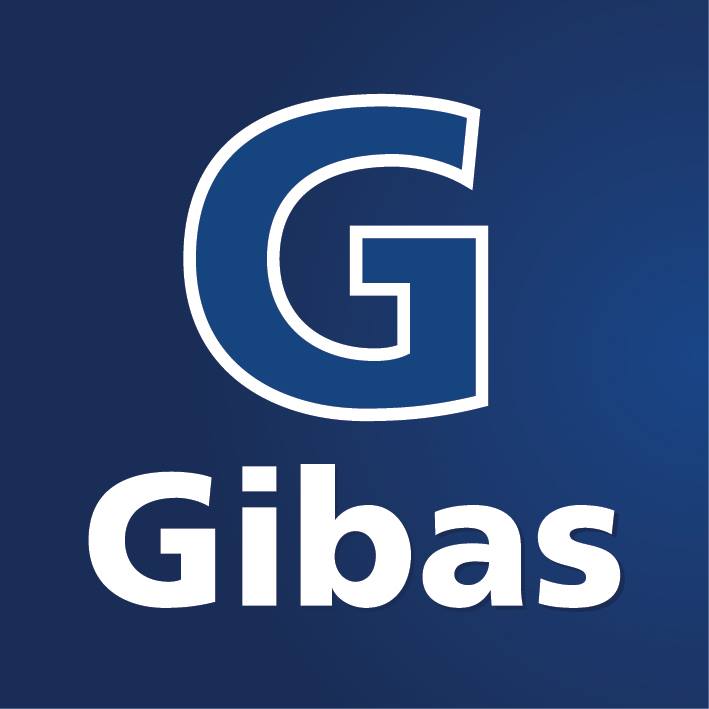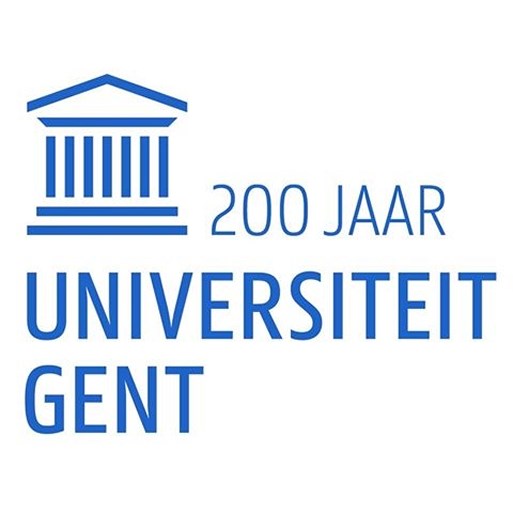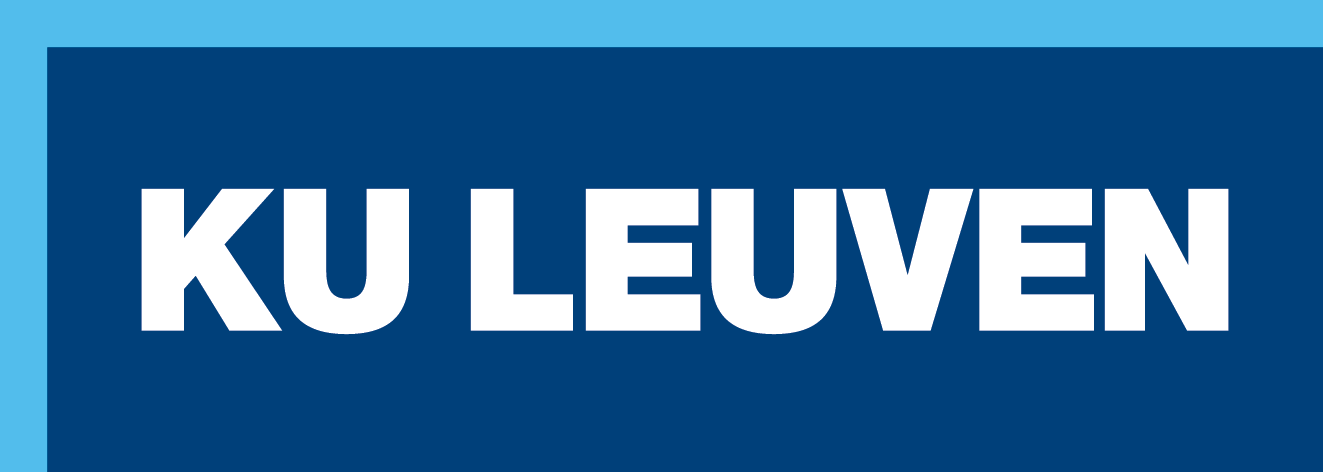The technical program comprises regular sessions, plenary and keynote sessions, interactive sessions and exhibits. An important goal of the conference is to bring forward the role of PID control in the new Industry 4.0 context and listen to the challenges from both industry and academia.
Full technical program of the conference is available HERE
Details on the Industry Panel are HERE
Details on the Educational Panel are HERE
The Book of Abstracts contains useful information and can be downloaded HERE
INSTRUCTIONS FOR PRESENTATIONS
The oral presentation consists in a talk with a time window of 20 minutes (including questions from the audience) in a conference room with a screen projector. Each room will have a computer, so please add and check your (PDF or PPT) presentation before hand to avoid technical issues and delays during sessions. If you have a demo or video requiring special software, inform the session chair that you intend to use your own laptop.
Lunches and coffee breaks are included during the conference program.
The interactive sessions are overlapping with the coffee breaks and lunches. Papers scheduled in interactive sessions have the same status as any other paper. Presentation is oral with possibility to have a digital poster, slides, videos, software demonstrations etc. with the help of a TV screen. You can also use combinations of all these tools, as you may see fit to attract the interest of the audience. You need to supply your own computer/laptop - there is a table and power supply, TV screen with HDMI connector.
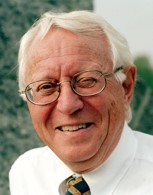
Karl Åström
Lund University
Faculty of Engineering
Department of Automatic Control
Lund, Sweden

Tore Hägglund
Lund University
Faculty of Engineering
Department of Automatic Control
Lund, Sweden
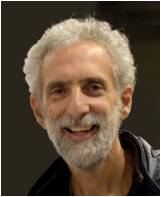
Julio Normey-Rico
Federal University of Santa Catarina
Department of Control Systems Engineering
Florianopolis, Santa Catarina, Brazil
Title: PID control of dead-time processes: robustness, dead-time compensation and constraints handling
Abstract: PID controllers are widely used to control dead-time processes. As dead time is a dynamic behavior normally found in many industrial plants, to find appropriate tuning rules and operational conditions of PIDs for such processes is very important. This work tackles, using a unified approach, valid for stable, integrating, and unstable dead-time processes, a methodology to tune and configure PID control loops. The main ideas of the proposed approach are to use dead-time compensation concepts to obtain the PID tuning and to consider adequate anti-windup strategies to overcome the effects of saturations of the increments and absolute values of the control action. Robustness aspects, stability analysis and optimal or sub-optimal conditions are analyzed to understand the limitations of the solutions. Model predictive control algorithms are used to show how almost optimal solutions can be obtained with the proposed anti-windup PID controllers under control action constraints. Moreover, the advantages or disadvantages of using the proposed PID strategy instead of more sophisticated dead-time compensation algorithms with anti-windup are discussed. Several case studies are presented to illustrate the main ideas and to compare the obtained results with other existing methods. Experimental results are also included to discuss implementation issues.
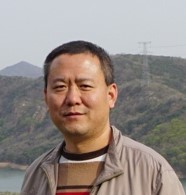
Tao Liu
Dalian University of Technology
Institute of Advanced Control Technology
Dalian, China,
Title: New PID designs for sampling control and batch process optimization
Abstract: Owing to overwhelming development of digital control technologies in modern industrial engineering and manufacturing, advanced PID
designs have been widely appealed for implementation in sampled control systems. In this lecture, a few up-to-date PID designs for practical applications
subject to operating constraints and measurement noise will be presented, based on our research results explored in the past years. For industrial batch
processes and periodic systems, by using historical cycle data, iterative learning type PID control system designs will be introduced to realize perfect
tracking of the set-point profile against unknown process uncertainties and repetitive load disturbances, along with robust tuning methods to accommodate for
time-varying uncertainties or disturbances from cycle to cycle. Finally, some perspective and challenges on
PID design are pointed out, hoping to draw more attentions by scholars and engineers in the field of control engineering.

Kevin Starr
ABB, USA
Title: Industrial loop tuning in the digital age
Abstract: In the industrial world automation expansion has grown at a rate that has passed even the best loop tuner. Plant personnel are being tasked with everything from hard networking, drive space management, control platform stability, loop tuning, field instrumentation, and now even cyber-attacks. The result is spotty maintenance coverage an alarming trend towards control loops being turned off, out of range, or inducing variability. Plants that once had a few 100 wall mounted devices now have 1000ís of embedded controllers. The result is the loss of production, quality, and in increase in the cost to produce of industrial clients. Tuning in the digital age means being able to have the right person, at the right time, with the right solution. One cannot guess and check or tune by feel. Expanding the circle of influence of our loop tuners and process control personnel is of key importance. Solutions in the automation space that enable data to be converted to information at the asset and function level are crucial, but we canít stop there, these KPIís need consolidated in heads up dashboards that enable demonstrated proficiency so that answers to are you safe, reliable, and optimized are defined in a systematic manner. Now as plants are being joined around the globe, fleet and enterprise solutions that finally enable the linkage of loop performance at plants and process areas can be linked to production, quality, and cost to produce. The need for loop tuners that can manage 100ís or even 1000ís of loops in the time we use to tune 1 to 10 loops are required. We canít expect the same growth trajectory in the digital age by doing what we use to always do.
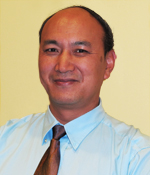
YangQuan Chen
University of California
Department of Mechanical Engineering
Merced, USA
Title: Fractional order PID control: better than the best issue and what's next
Abstract: In fractional order proportional derivative and integral controllers (FOPID), the order of
differentiation/integration can be non-integer. It is now being accepted that the additional freedom in tuning
the FOPIDs can offer better performance at the cost of extra implementation efforts. Since the embedded computing
power and memory are both getting cheaper and cheaper, people are running out of excuses not to attempt FOPID in
industry 4.0 era when more optimal performance is being pursued. The only remaining question is: Can the FOPID really
outperform IOPID under fairness consideration? This talk will focus on first order plus time-delay (FOPTD) plants to
illustrate that, FOPID can do better than the best of its integer order counterpart under fairness comparisons in terms
of performance, robustness margins and even control energy consumption. This talk ends with a few future research
opportunities in FO-PID such as networked control system with intermittent delays, systems with nonlinearities with memory,
human-in-the-loop control of wearables, cyber physical human systems etc.
The PID 2018 conference is traditionally an opportunity for interaction between academia and industry. To better acknowledge the industry needs and academic solutions, and map them for better synergy, an open panel discussion session will be organized on the second day of the conference. This is accessible for all participants to attend and interact with the panel contributors. The panel for industry will take place on the 1st day of the conference, May 9, 2018. Technical program of the Industry Day and Industry Panel is available HERE
2. Control Education - Are our students ready for Factory of the Future?
The PID 2018 conference is a great opportunity to present and discuss the latest advances in control education. Novel tools for computer aided design, low-cost and effective benchmarks and other educational aspects are the core elements of an open panel discussion during the third day of the conference.
Additionally, a parallel track on control education will be featured on the 2nd day of the conference, May 10, 2018. More information can be found (click here ) This will be open for all participants to attend and interact with the panel contributors. Technical program of the Educational Panel is available HERE
Sponsors





